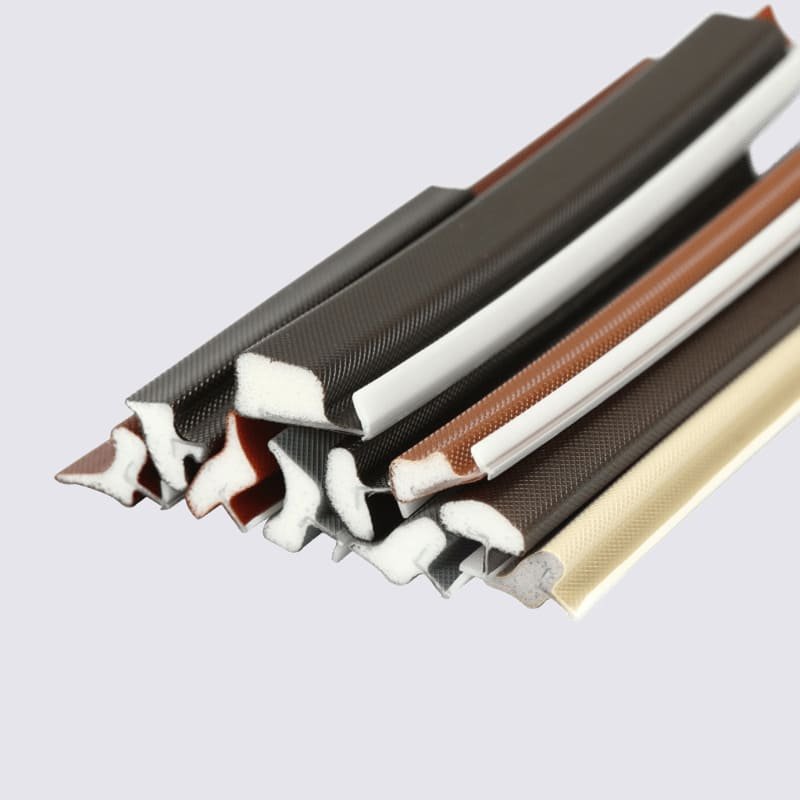Εισαγωγή:
Renewable energy sources are gaining significant traction as we strive for a sustainable future. In various renewable energy systems, silicone hoses play a crucial role in ensuring efficiency, αξιοπιστία, and safety. These versatile components are widely used in applications such as solar power, wind energy, geothermal systems, and hydroelectric power. This article delves into the importance of silicone hoses in renewable energy and highlights their key benefits.
Heat Transfer and Thermal Management:
Silicone hoses are excellent conductors of heat and play a vital role in maintaining optimal operating temperatures in renewable energy systems. In solar power installations, silicone hoses help transfer heat from solar panels to heat exchangers, enabling efficient energy conversion. Similarly, in geothermal systems, these hoses facilitate heat transfer between the ground and heat pumps, maximizing the system’s performance. By effectively managing thermal energy, silicone hoses contribute to overall energy efficiency in renewable energy applications.
Fluid Conveyance and Durability:
Renewable energy systems often rely on the movement of fluids such as coolants, ελαιογραφίες, and gases. Silicone hoses offer exceptional fluid conveyance capabilities, ensuring smooth flow and efficient operation. These hoses are engineered to withstand extreme temperatures, UV radiation, and chemical exposure commonly encountered in renewable energy environments. Their exceptional durability and resistance to degradation make them ideal for long-term use, reducing maintenance requirements and enhancing system reliability.
Flexibility and Adaptability:
Silicone hoses are known for their flexibility and adaptability, making them a versatile choice for renewable energy applications. They can be easily molded into various shapes and sizes, allowing precise routing and connection of components within complex systems. Whether it’s connecting solar collectors, wind turbines, or heat exchangers, silicone hoses offer design flexibility and ease of installation, facilitating efficient energy transfer and overall system performance.
Insulation and Electrical Safety:
Electrical safety is paramount in renewable energy systems, and silicone hoses play a critical role in providing insulation and protection against electrical hazards. Silicone’s excellent dielectric properties prevent electrical current leakage, reducing the risk of short circuits and ensuring the safety of personnel and equipment. Επιπροσθέτως, σωλήνες σιλικόνης’ high resistance to flames and low smoke generation enhances the overall safety of renewable energy installations.
Environmental Sustainability:
Silicone hoses align with the principles of renewable energy by being environmentally sustainable themselves. These hoses are typically made from high-quality silicone rubber, a material known for its durability and recyclability. Silicone is resistant to degradation and can withstand prolonged exposure to harsh environmental conditions, reducing the need for frequent replacements. Εξάλλου, silicone is non-toxic and does not release harmful substances, making it a safe and eco-friendly choice for renewable energy applications.
συμπέρασμα:
Silicone hoses play a vital role in the success of renewable energy systems by contributing to their efficiency, αξιοπιστία, and safety. With their excellent heat transfer capabilities, fluid conveyance properties, αντοχή, and electrical insulation, silicone hoses enable the seamless operation of solar power, wind energy, geothermal systems, and hydroelectric power installations. As the world increasingly embraces renewable energy, silicone hoses will continue to play an integral part in shaping a sustainable future.



